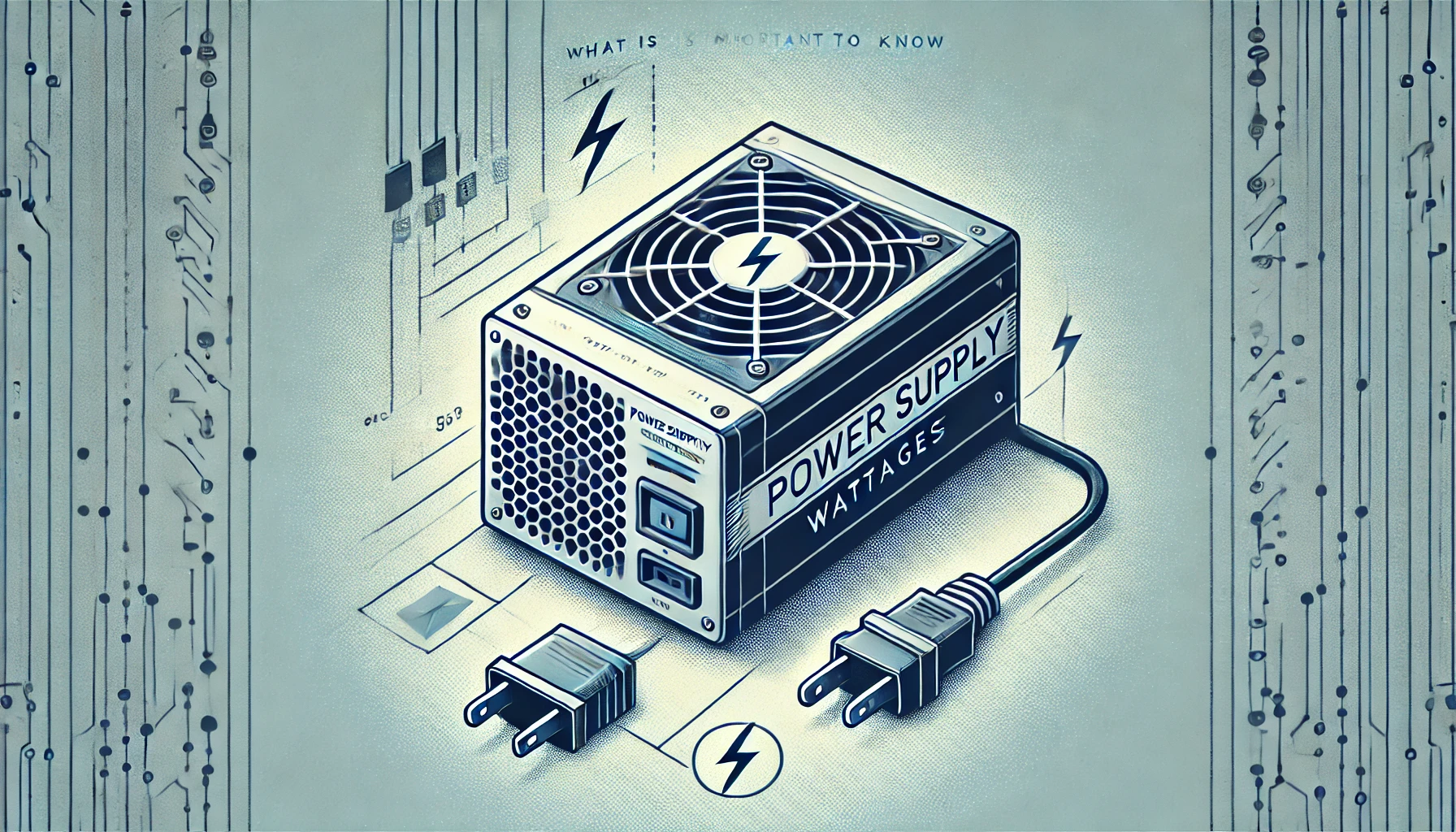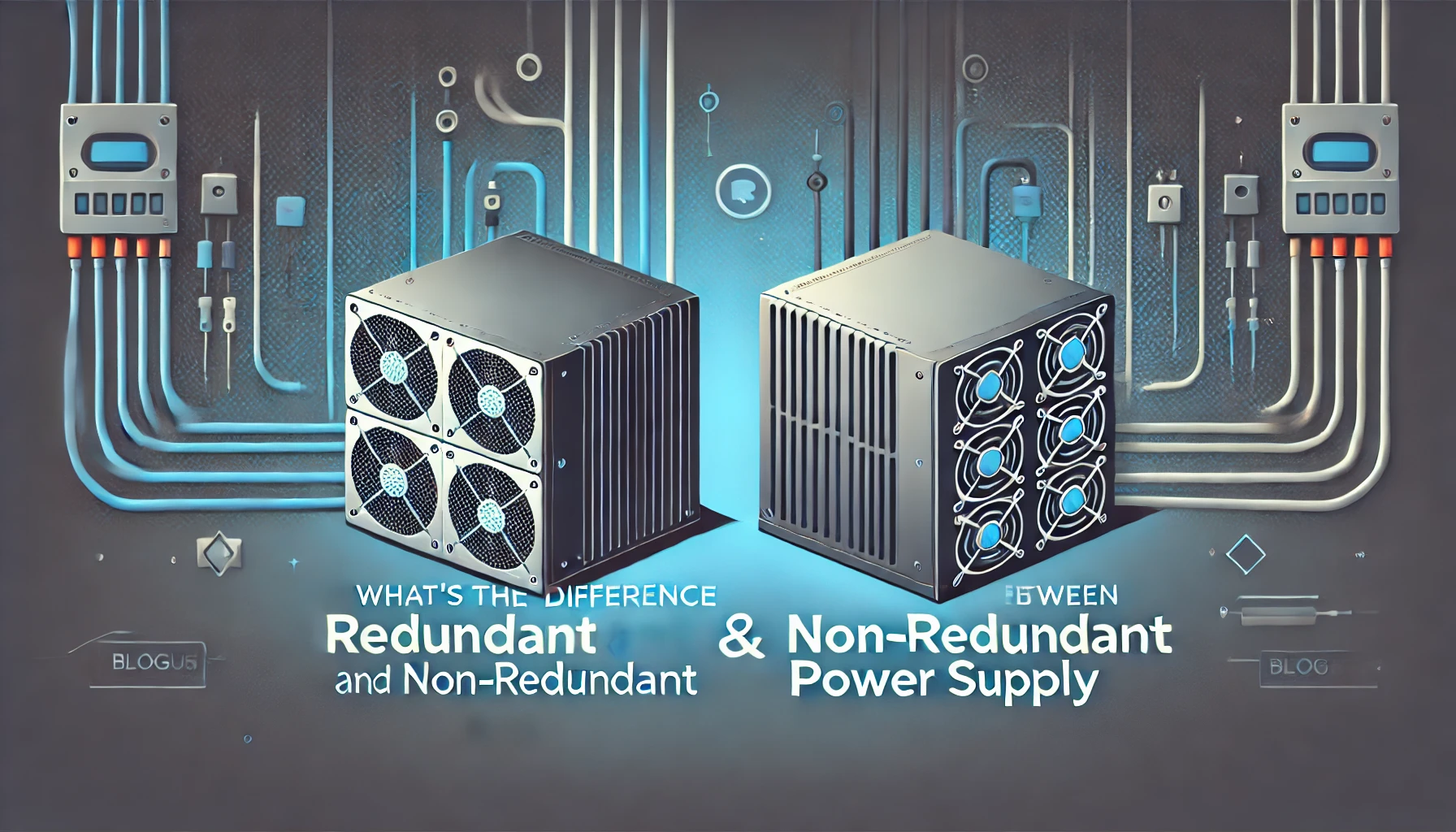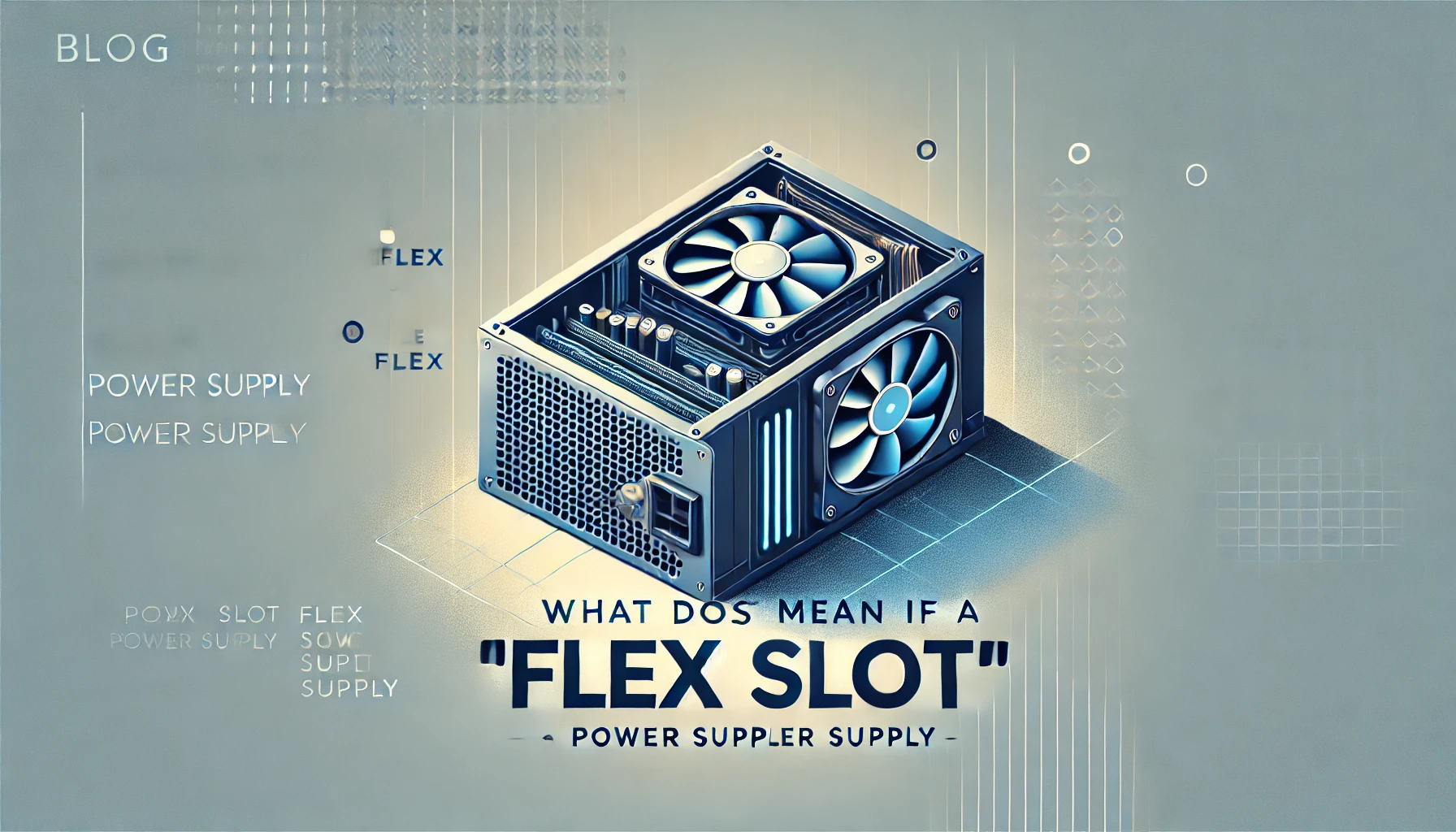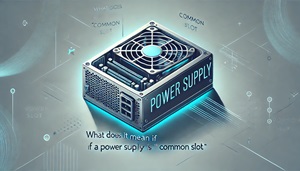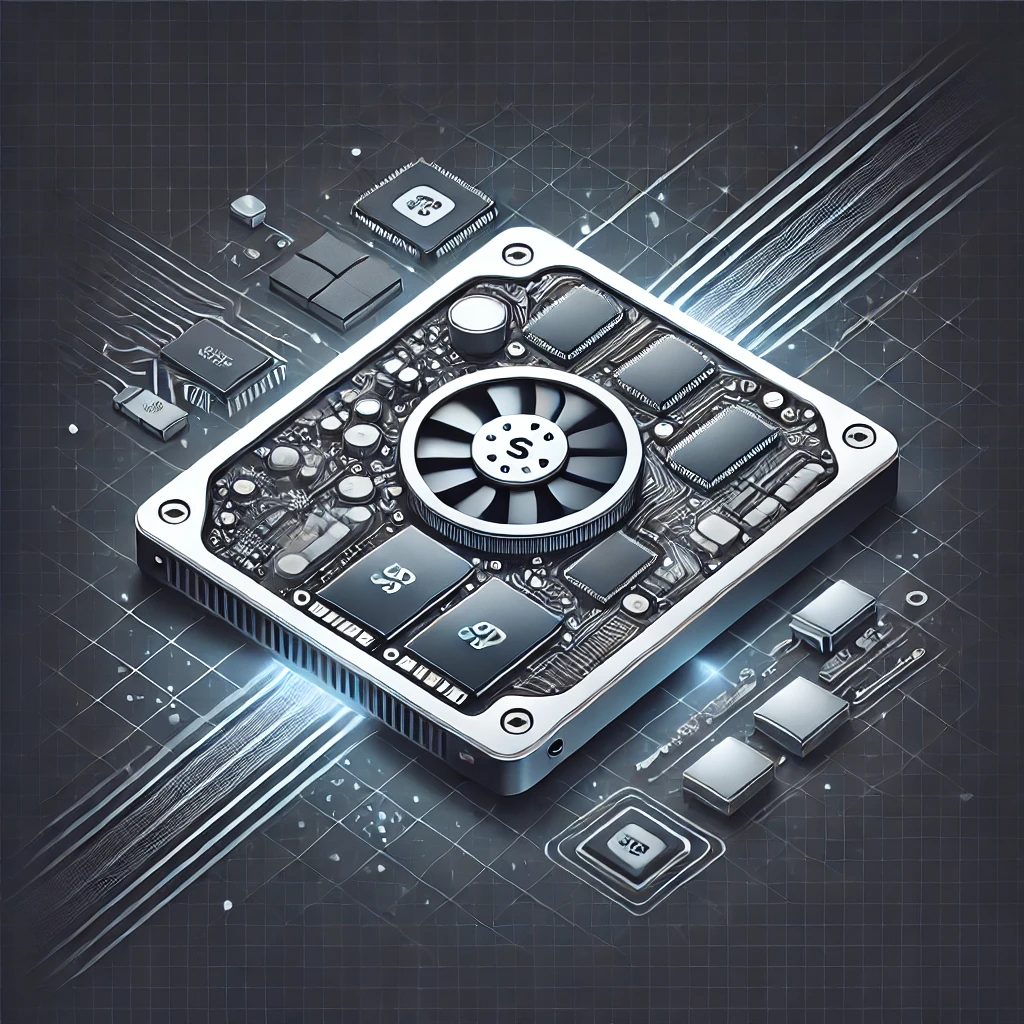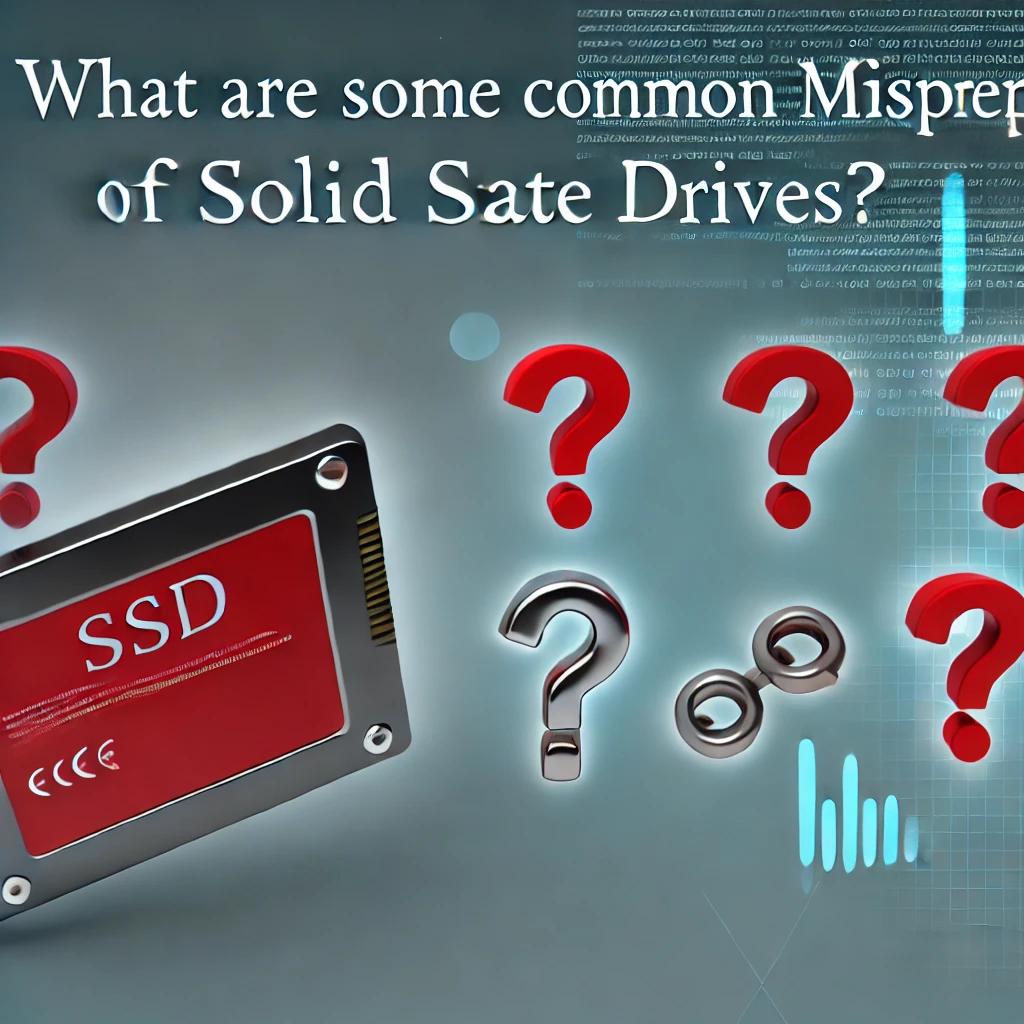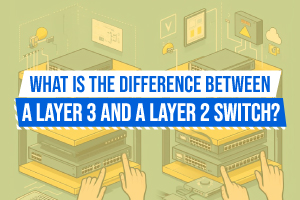What Is The Difference Between A Basic Carrier And A Smart Carrier For Hard Drives
If one has ever pondered the distinction between basic carriers and smart carriers for hard drives, this article provides an insightful exploration of the topic.
The article delves into the features and functions of both types of carriers, highlighting the advantages and disadvantages associated with each.
Readers are encouraged to delve into the advanced features and capabilities of smart carriers and compare them with basic carriers to make an informed decision.
By the conclusion of the article, readers will have gained a comprehensive understanding of how to select the appropriate carrier for their hard drive, complete with helpful recommendations and guidance.
Understanding Basic Carriers
Basic carriers are crucial elements for hard drives as they establish the foundation for storage and data protection. These carriers come equipped with a variety of features that emphasize compatibility, durability, and cutting-edge technology to enhance their functionality and overall performance.
The significance of these carriers lies in their ability to facilitate easy installation and secure housing of hard drives in different storage devices. Their design is typically customized to accommodate various sizes and types of hard drives, providing users with flexibility according to their storage requirements. Moreover, the durability of these carriers ensures protection for hard drives against physical damage, vibration, and heat, ultimately enhancing the longevity of the storage devices.
Advancements in carrier design have resulted in enhanced data transfer speeds, allowing users to efficiently access and store large volumes of information securely. The user-friendly nature of these carriers makes them accessible to a diverse range of individuals, from tech enthusiasts to average consumers, offering a seamless experience in managing their digital data.
Features and Functions of Basic Carriers
The features and functions of basic carriers include a diverse range of components and construction elements that play a role in facilitating efficient data transfer, storage capacity, and user-friendly interfaces. The choice of materials used in their construction has a significant impact on aspects such as durability, size, weight, and expandability.
For example, carriers made of aluminum or steel vary in weight and robustness, with some models prioritizing lightweight design for portability while others focus on providing rugged durability. Additionally, interface options such as USB, Thunderbolt, or SATA play a crucial role in ensuring compatibility with a variety of devices and facilitating efficient data transfer rates, thereby enhancing the overall user experience.
Moreover, shielding mechanisms are integrated into carriers to protect stored data from external interference, adding value in terms of data security and protection.
Pros and Cons of Basic Carriers
When you're considering basic carriers for hard drives, it's important to weigh their advantages in terms of protection, connectivity, and innovative design against possible disadvantages such as maintenance requirements, reliability issues, power consumption, and noise levels.
Enhanced protection features found in advanced carriers offer improved shock resistance and vibration dampening, which helps protect data from physical damage. The various connectivity options available in modern carriers enable faster data transfer speeds and smooth integration with different devices. The innovative design aspects contribute to better heat dissipation and overall durability of the hard drive.
However, some users may find interface limitations in basic carriers restrictive, which can affect the speed and efficiency of data access. Older carrier models may have higher maintenance needs, requiring more frequent checks and upkeep. Concerns about reliability may arise due to the lower quality components used in some basic carriers, increasing the risk of potential data loss.
Basic carriers might also have lower power efficiency, leading to higher energy consumption and increased operating costs. Noise levels could be an issue with basic carriers, as they might produce more audible vibrations during operation compared to advanced carrier options.
Exploring Smart Carriers
Smart carriers are at the forefront of hard drive storage solutions, incorporating advanced technology to improve compatibility, connectivity, design efficiency, and secure data transfer. They aim to provide a user-friendly experience while delivering exceptional performance and upgrade options.
These cutting-edge carriers are crafted to seamlessly connect with a range of devices, ensuring seamless data transfer across various platforms. Compared to traditional carriers, smart carriers boast quicker data processing speeds and expanded storage capacity, thus boosting overall performance and data management efficiency. With robust security features in place, users can rest assured about the safety of their stored data.
The sleek and compact design of smart carriers not only offers convenience but also adds a touch of style, making them an appealing choice for tech-savvy individuals in search of dependable storage solutions.
Advanced Features and Capabilities
Intelligent carriers showcase advanced features and capabilities that distinguish them in the realm of hard drive solutions. Their cutting-edge technology enhances security, performance, connectivity options, upgradeability, and maintenance procedures while ensuring reliable data access with optimized power consumption and minimal noise levels.
The upgradeability options present in these intelligent carriers enable users to effortlessly expand storage capacity or enhance performance with newer components. Maintenance procedures are streamlined through automated diagnostics and remote monitoring, reducing downtime and ensuring seamless operation. Access reliability remains a focal point, with redundant data paths and failover mechanisms in place. Power efficiency is optimized through intelligent power management systems, which adjust energy consumption based on workload demands. Strategies to reduce noise, such as advanced cooling solutions and vibration dampening materials, contribute to a quieter operating environment.
Comparison with Basic Carriers
When considering intelligent carriers in comparison to their more basic counterparts, several key factors come into play to determine the ideal choice for storage solutions. These factors include compatibility, efficiency, upgrade options, technology integration, maintenance procedures, reliability standards, data transfer speeds, and performance metrics.
Intelligent carriers, known for their advanced features, excel in compatibility by offering seamless connectivity and data transfer across a wide array of devices. On the contrary, basic carriers may have limited compatibility options, potentially leading to issues with newer technologies.
In terms of efficiency, intelligent carriers outperform basic carriers by optimizing data storage and retrieval processes. The simpler design of basic carriers may result in slower speeds and lower performance levels.
Upgrade possibilities are more extensive with intelligent carriers, allowing for future-proofing and scalability through additional features and capacity expansions. Their advanced technology integration capabilities enable synchronization with cloud services and other sophisticated systems, enhancing workflow efficiency and data accessibility.
Conversely, basic carriers may lack such advanced integrations, thus limiting their functionality and versatility.
Choosing the Right Carrier for Your Hard Drive
When selecting the appropriate carrier for your hard drive, there are several factors to consider. These include evaluating compatibility with your hard drive, durability, upgrade options, construction materials, size, weight, interface types, backup solutions, installation ease, SATA/NVMe support, SSD/HDD compatibility, external/internal designs, port availability, tool-less features, hot-swappable capabilities, cooling mechanisms, and backup functionalities.
By taking these critical aspects into account, you can make an informed decision to ensure optimal functioning of your hard drive. When choosing a carrier, it is important to ensure compatibility with your specific hard drive model to avoid any connectivity issues. Additionally, make sure that the carrier is constructed from high-quality, durable materials to effectively protect your drive.
Consider the upgrade options available, especially if you plan to upgrade to a faster NVMe drive in the future. The size and weight of the carrier can impact its portability and placement in your setup. Evaluate the interface options provided, such as USB, Thunderbolt, or eSATA, based on your connectivity needs. Backup configurations should also be considered, with some carriers offering RAID support for data redundancy.
Look for easy installation methods, such as tool-less designs, to simplify the setup process and save time. Opt for carriers with efficient cooling mechanisms to prevent overheating and ensure long-term reliability for optimal performance. Explore options that offer reliable backup solutions to safeguard your important data.
Factors to Consider
When contemplating the selection of a carrier for your hard drive, it is essential to assess various factors. These include compatibility, durability, technology integration, functionality, installation ease, performance metrics, connectivity options, design efficiency, innovation, security features, data transfer rates, value proposition, and user-friendly interfaces. These elements collectively contribute to achieving an optimal storage solution.
One crucial consideration is compatibility. Ensuring that the carrier is suitable for your specific hard drive model is paramount to prevent compatibility issues. Additionally, durability is of utmost importance as it guarantees the safety of your data during transportation and regular usage. Staying abreast of the latest technology advancements is advisable to leverage new features and enhanced performance capabilities.
Connectivity is a significant aspect that facilitates seamless data transfer. Opting for carriers with a range of connectivity options such as USB, Thunderbolt, or eSATA can enhance efficiency. Furthermore, prioritizing carriers with robust security features is essential to protect sensitive information from unauthorized access.
Recommendations and Tips
For an optimal hard drive storage solution, it is advisable to prioritize factors such as compatibility, durability, upgrade options, ease of installation, integration of advanced technology, enhanced security features, efficient data transfer rates, good value propositions, reliability standards, aesthetic considerations, robust data protection measures, alignment with market demand, and meeting user requirements when choosing the appropriate carrier.
Given the rapidly evolving technology landscape, staying informed about the latest developments in carrier options can help ensure that your hard drive system remains current and secure. When assessing carriers, it is important to focus on features that enhance data security, such as encryption protocols and biometric authentication, particularly for users handling sensitive information.
It is crucial to evaluate the market relevance of different carriers to align with current trends and future-proof your storage setup. Understanding your specific storage needs and usage patterns can also assist in selecting a carrier that best suits your unique requirements.
